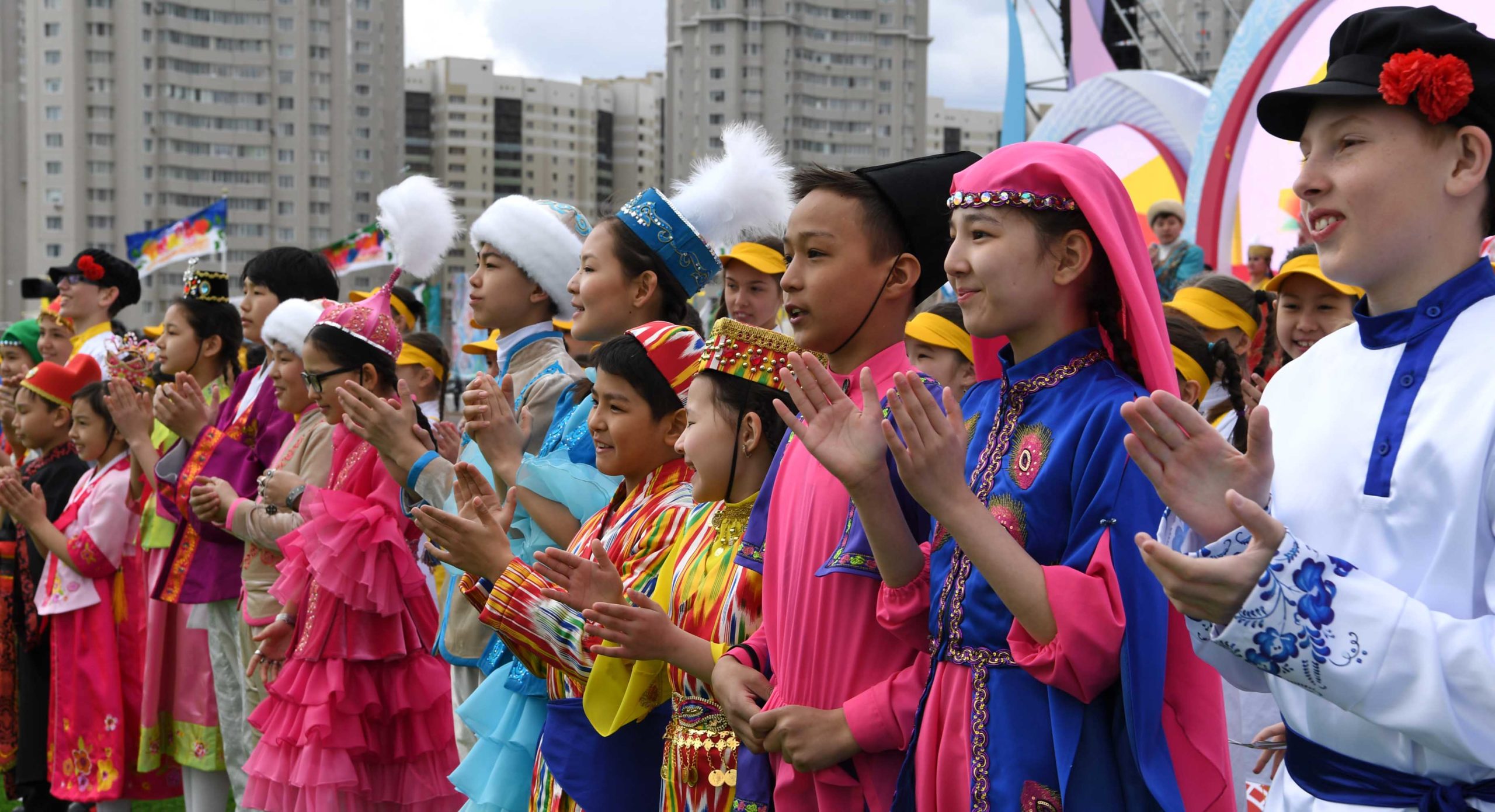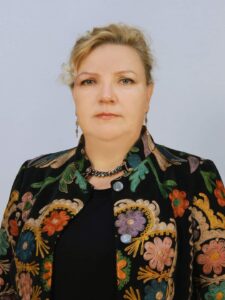ASTANA—On May 1, Kazakhstan celebrates the Day of Unity. Celebrated since 1996, the holiday is meant to cherish peace and harmony among Kazakhstan’s diverse ethnic groups. It symbolizes the unity and cohesion of the Kazakh people regardless of their ethnic, religious, or cultural backgrounds.

More than 130 ethnic groups now live in Kazakhstan, with many of them deported here during the Stalinist repressions in the 20th century. Photo credit: akorda.kz
Kazakhstan has been celebrating the Day of Unity since 1996. Prior to that, this day was known as International Worker’s Day or Labour Day.
More than 130 ethnic groups live in Kazakhstan. Kazakhstan became home for many of them, including Germans, Koreans, Chechens, and Ingush, who were deported here during the Stalinist repressions in the 20th century.
May 1 is an official day off, and festivities span all of the nation’s regions. People go out to squares, listen to music, dance, and, in some cases, try delicious food.
Some festivities began earlier. On April 28, nearly 15,000 people across 15 regions ran half marathon distance in a Marathon of Unity. The event was organized by the Assembly of People of Kazakhstan, Astana’s Triathlon Federation, the Ministry of Tourism and Sports, the Ministry of Culture and Information, and the Astana city administration.
The Presidential Center in Astana unveiled an exhibition dedicated to the holiday. More than 200 museum items, ranging from collections of clothing, carpets, and felts to soft furnishings, souvenirs, tableware, and works of fine art, are on display. The exhibition will last until May 10.
To mark the Day of Unity, the Astana city administration will turn on more than 50 fountains.

Larisa Kalkova. Photo credit: Kalkova’s personal archive
Kazakhstan’s largest city, Almaty, will host a series of festive events starting early in the morning. The Assembly of People of Kazakhstan will award volunteers and active citizens who collected and delivered humanitarian aid and helped those affected by the floods.
The Day of Unity will also be celebrated with a concert program featuring popular bands and ethno-cultural associations.
Starting at 11 a.m., the Palace of the Republic will host a charity fair and gastro festival. The public will have the chance to try Kazakh, Turkish, Uzbek, Korean, German, Chinese, Georgian, Russian, Armenian, and Uyghur cuisines. The proceeds will be transferred to the Demeu Kazakhstan Qory, a charitable public foundation, to support the efforts to eliminate the consequences of floods.
While celebrations are less festive this time because of the ongoing efforts to address the aftermath of the devastating floods, this day highlights the unity of the nation when it is hit the hardest.
“We all know how unity is manifested in our country. In the challenging situation with floods, how many of our fellow citizens were in trouble, and how united our people from all corners of our country help the victims. This is our strength and our unity,” said Larisa Kalkova, head of the Polonez Regional Center of Polish Language and Culture in the Zhambyl Region in southern Kazakhstan, in a comment for this story.
She said the world is going through a very difficult time. Sharing her personal story, she urged everyone to remember that Kazakhstan’s tradition is “about respect for others, regardless of their ethnic or religious background, showing compassion to our neighbors.”
“It is only thanks to this tradition that back in the distant year of 1937, in northern Kazakhstan, Kokshetau region, at the Tainshi station, my grandmother and her sisters survived. It was only thanks to the warmth of hearts, hospitality, and compassion of the Kazakh people that they survived. Kazakhs accepted and helped them and shared what little they had because they sympathized with the suffering of those who found themselves in trouble, even though they didn’t speak the language or follow the customs of the country they were exiled to,” said Kalkova.
“In those distant years of repression, we all, as one family, built Kazakhstan together. Each one of us, everyone who was deported, worked hard and loved Kazakhstan with all their soul and heart. And here I am, living and working here, and so are my children,” she added.
According to Kalkova, the centuries-old history of Kazakhstan has taught one thing above all – to value, respect, and love neighbors.
“We don’t look at nationality, language, or skin color. We simply respect each other and extend a helping hand. This is a real treasure that needs to be preserved for our children. And no one has any right to trample, humiliate, or insult the most beautiful and precious thing we have on our Kazakh land – kindness and compassion towards others,” she said.
The Assembly of the People of Kazakhstan, which celebrates its 29th anniversary this year, plays an important role in this occasion, uniting ethnic groups that call Kazakhstan home. This year’s 33rd session of the Assembly of People of Kazakhstan took place on April 24.
